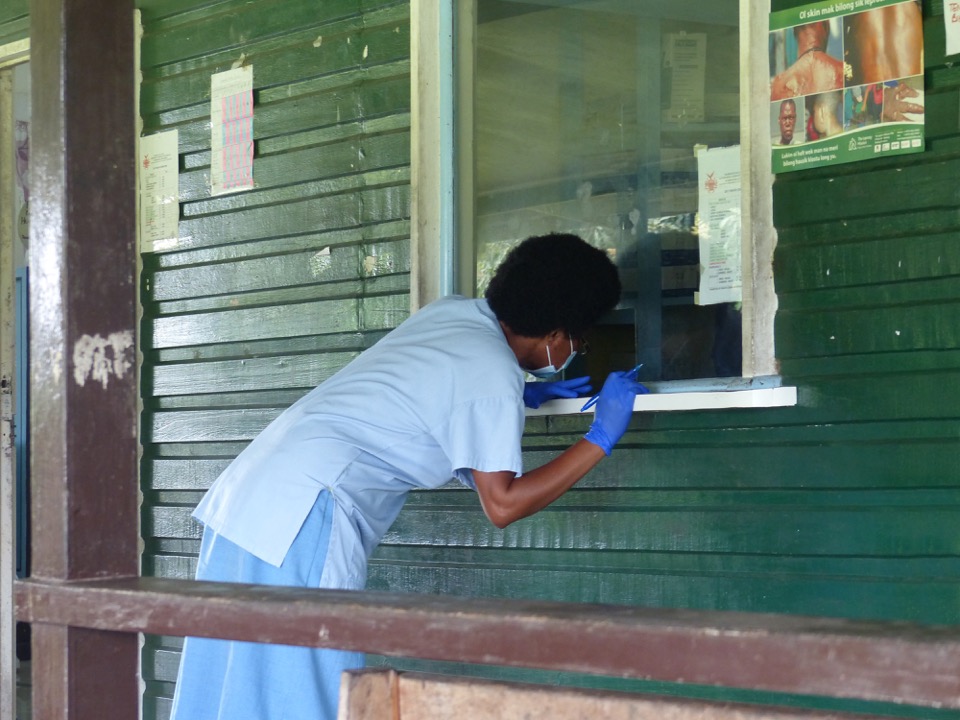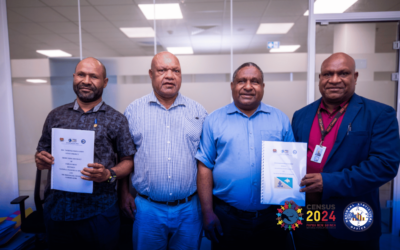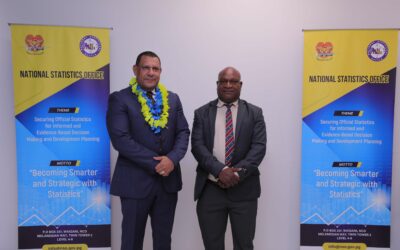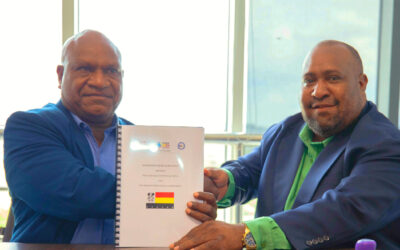Many people in PNG still fear getting infected with Human Immunodeficiency Virus (HIV) and Acquired Immunodeficiency Syndrome (AIDS) through mosquito bites.
This misunderstanding was revealed in a recent PNG Demographic and Health Survey (PNG DHS) conducted nationwide by the National Statistical Office despite so much awareness has been done on the epidemic.
Despite the current global and local concentration on the COVID 19 pandemic, the scenario in PNG on HIV/AIDS is that the male and female population aged 15-49 who were interviewed did not have a full knowledge that mosquito bites cannot transmit the virus.
The virus too cannot be contracted through sharing of food with persons living with HIV/AIDS, healthy looking persons can have HIV/AIDS and the virus cannot be transmitted through supernatural means.
The 2016-2018 PNG DHS Final Report which was launched and released in Port Moresby last December indicates that many males and females interviewed during the survey did not have a better knowledge when questions related to
HIV/AIDS knowledge, attitudes and behaviour were asked.
The 2016-2018 PNG DHS had a sample of 17,505 households and out of these, 16,754 were occupied with 16,021 households interviewed.
Of these households, eligible women aged 15-49 was 18,175 and women interviewed was 15,198 and the response rate was 84 per cent. Eligible men were 9,135 and those interviewed was 7,328 and the response rate was 80 per cent. PNG has a total population of seven million persons from the 2011 National Population and Housing Census.
The DHS Report also highlights that the knowledge of prevention increases with the rising level of education for both males and females. It further indicates that the knowledge of HIV/AIDS prevention methods is higher among urban men and women than their rural counterparts.
However, more men and women were aware of the HIV/AIDS epidemic. More than half the population interviewed during the survey believed that using condoms during sex and sticking to one uninfected partner reduce the chances of getting HIV/AIDS.
The first case of HIV was diagnosed in the county in 1987. Since then there was effective national response with the establishment of the National AIDS Council to combat the epidemic with support from both local and International Development Partners. The total number of persons now living with HIV in PNG is estimated to be 48,000 as reported in a workshop held recently to do a Mid-Term Review on the government’s Medium Term Development Plan III.
The 2016-2018 PNG DHS Report contains important statistics and indicators of the country on HIV/AIDS, fertility, family planning, infant and child mortality, maternal health care, maternal mortality, child health, Malaria and domestic violence among others.
Acting National Statistician, John Igitoi at the launch said people need improved basic services like health and education to prosper and the government has focused investing in these sectors as envisioned in Vision 2050 and the PNG Development Strategic Plan 2010-2030.
Igitoi said the DHS Report provides some baseline statistics and indicators for decision makers to plan and allocate resources in areas of need.
The PNG government with its Development Partners such as United Nations Population Fund (UNFPA), Australia’s Department of Foreign Affairs and Trade (DFAT), United Nations Children’s Fund (UNICEF) and World Health Organisation (WHO) jointly assisted with funding and ICF through USAID provided the technical support in delivering the 2016-2018 PNG DHS.
By Peter Maime




